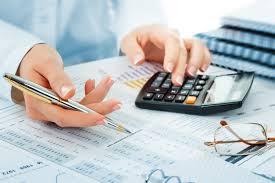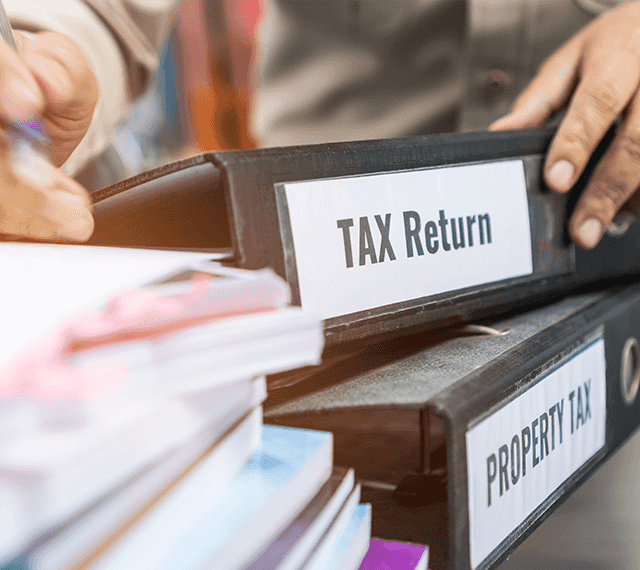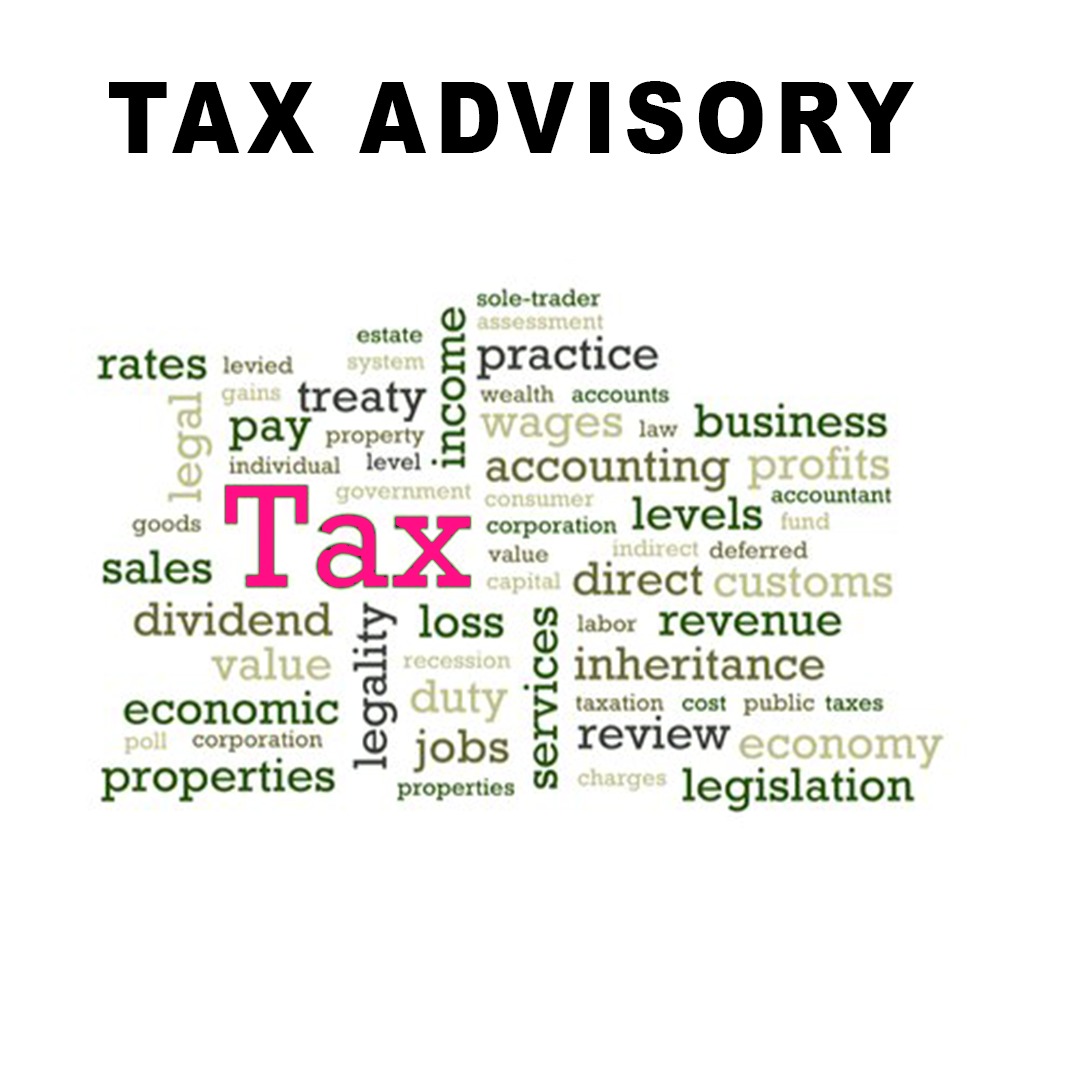The end of the 2021 tax year has already come, so it is important to review your small business strategies to help you maximise your returns and minimise your tax payable come June 30th, 2022. Now is the perfect time to review your expected taxable income (assessable income less allowable deductions) for the past financial year 2020-21, as well as your projected taxable income for 2021-22, as these two key figures will help form a base of your tax planning strategy.
Here are a few tips if you are expected to have a higher income in the current financial year, compared to the next financial year projections.
Get in contact with your local Accountant at R T Accounting & Taxation Services to consider the following steps:
- Prepay some of your 2021-22 expenses including.
- Rent
- Insurance
- Business Subscriptions to professional associations before June 30th, 2021, as up to twelve months of the following year’s expenses can be deducted in the current tax planning year provided you pay the cost upfront.
- The instant asset writes off of up to $150,000 has been heavily publicised until now and has been extended to June 30th, 2021, provided the asset was bought and first held ready for use prior to this date, so if you need to buy a new car for the business, now would be the time to do so. Be wary, however, as the moment you use a company car for personal use, this invokes a fringe benefit payable by the company, so it is best to contact your accountant at R T Accounting & Taxation Services to see whether this is right for your business.
- Reviewing and perhaps even postponing some of your client invoicing for the current tax planning year so the income is then reported in the 2022 tax year.
- Topping up your voluntary superannuation contributions and making the payment prior to June 30th, 2021.
- This item is not done nearly enough by many small businesses, but it is very important to constantly review your trade debtors and write off any unrecoverable debts as you do not want to be paying tax on income you will not receive.
- If you are in the maiden year of your business, deducting any start-up expenses you incurred, such as obtaining legal and/or financial advice on your business structure along with any fees relating to the setup and establishment of your business will reduce your tax payable for the 2020-21 tax year.
If you are expecting to have a higher income in the 2021-22 tax year, you should get in contact with us to discuss:
- Bring forward any client invoices into the 2020-21 tax year for work that will be carried out in the 2021-22 tax year. Having clients pay your invoices by June 30, 2021, will help reduce your taxable income in the 2021-22 tax year where you are expected to have a higher assessable income.
- Paying your expenses on their due date as opposed to paying them early and getting the deduction in the tax year where your assessable income is expected to be low anyway.
- Postponing the purchase of any assets you may require in the 2020-21 tax year into the 2021-22 tax year. However, it is important to note that instant asset write off rules can change in the 2021-22 tax year so get in touch with us to help guide you through the process.
The most important tip we can give you is that you should avoid spending on business assets for the pure sake of claiming the tax deduction. In most cases you will be paying $1, to save 26 cents in tax (based on the small business tax rate). It is simply not worth buying these items as it means less net money in your pocket. Everything you purchase for the business should have a purpose in enhancing your business to be the best it can be.
Additional Tips for Small Businesses
GST Cash Accounting
Ask yourself this, why and how should I pay GST on income I have not yet received? If you do not know the answer to that question and are on the accruals-based GST accounting method, it’s time to get in contact with R T Accounting & Taxation Services to change your accounting for GST to cash basis rather than accruals. GST Cash Accounting is also much better for your overall cash flow.
Instant Asset Write-Off Vs Depreciation
The whole idea of starting up a business is to grow and make more income over time. You could take full advantage of the Government’s instant asset write-off scheme mentioned earlier and claim the deduction in the current tax year, potentially reducing your tax planning significantly, or you can choose to depreciate the asset over its useful life and claim a portion of the asset over several years. What we are doing is reducing your taxable income by a smaller amount over the years as opposed to taking the full deduction in one year. This is very beneficial for those small businesses in high-growth industries.
Is Your Information Correct & Up to date?
Having the most accurate and current information is another key aspect of tax planning that can help you minimise your tax payable as well as help us, your accountant to help you make more informed tax decisions. This can include:
- Ensuring the logbooks for your company vehicles are correct and up to date. You will need to start a new logbook if your current one is more than five years old anyway. It is often best to create a new logbook every year to get the true cost of operating your business vehicle. There are many free apps that you can use to track mileage of your vehicles.
- Ensure you do your stock take as of 30th June 2021 is your business trades with stock.
- Accounting for private use on business assets in your GST returns. You cannot claim GST on private expenses, so if you use your car for 20% private use for example, you will need to adjust your GST on expenses component accordingly to factor in the personal use.
Been Affected by COVID-19?
R T Accounting & Taxation Services are here to help you in these tough times as we can help liaise with the ATO to:
- Give you extra time to pay your debt or lodge tax forms such as activity statements.
- Help re-construct tax records that are lost or damaged.
- Setting up payment arrangements tailored to your individual circumstances including an interest-free period.
- Remitting penalties or interest charged during the time where you have been affected.




